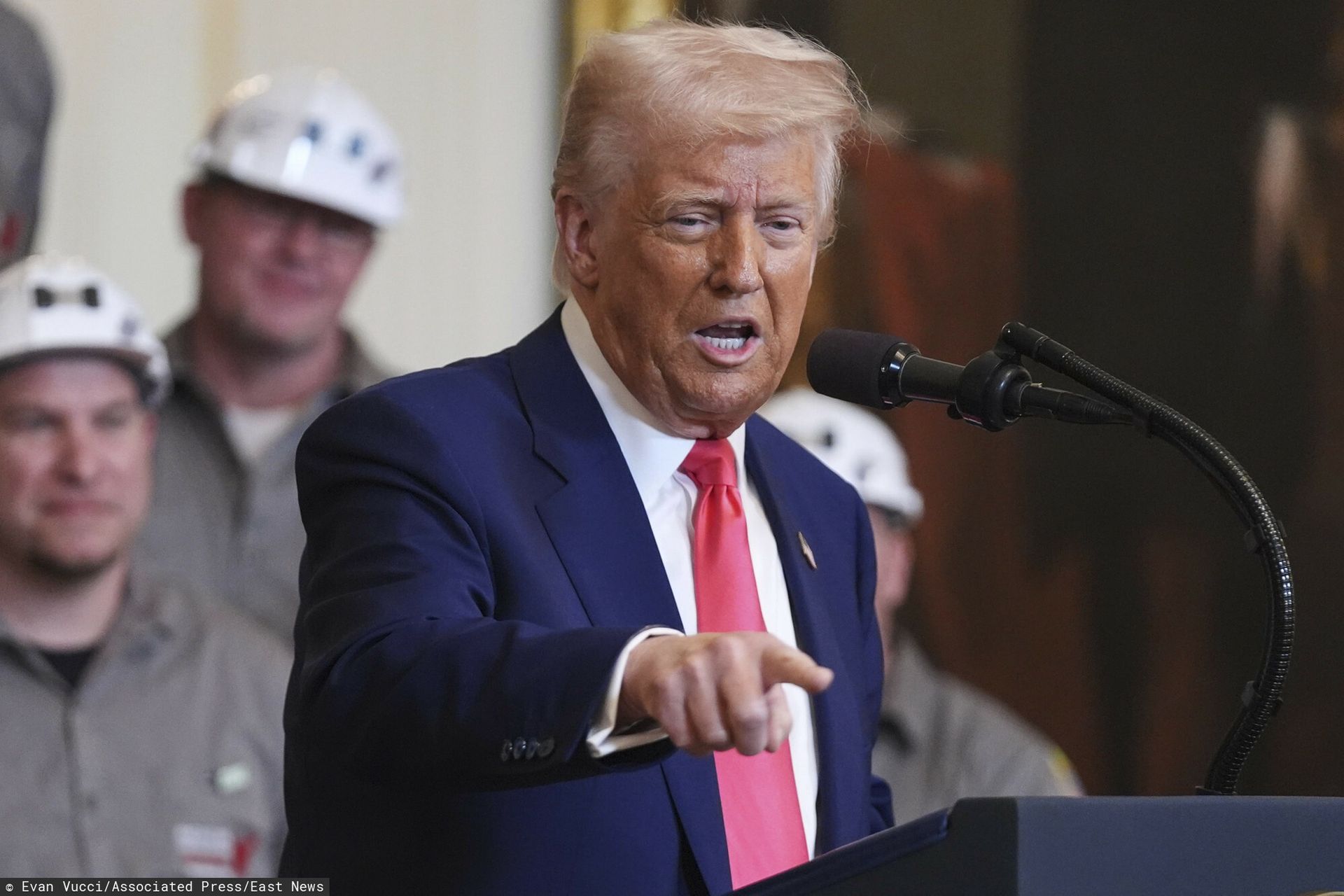
U.S. films vanishing from Chinese cinemas? That could happen, but since there weren’t many of those movies to begin with, Hollywood isn't likely to crumble due to this.
The escalating global trade war initiated by the United States doesn't appear to be unfolding as President Trump envisioned. He likely expected that following his threats and imposition of steep tariffs, nations would plead for leniency. However, numerous participants in this scenario have shown no inclination to capitulate and are instead threatening substantial countermeasures.
The Chinese dragon exhales flames.
The most significant player appears to be China. Immediately following the U.S. tariff announcements, China responded forcefully by imposing steep reciprocal tariffs and limitations on exporting critical rare earth materials to the United States. These elements are vital for America’s production of advanced technology products.
Following this altercation, a fresh cultural discussion surfaced, particularly concerning the film industry. There were inquiries into whether the economic conflict might restrict or terminate collaborative efforts between both nations with respect to movie releases. China has indicated its readiness to utilize several measures aimed at diminishing the earnings potential for U.S.-based enterprises, including straightforward bans on Hollywood productions. These entities operating within state-sanctioned frameworks predominantly govern the domestic release landscape.
Read also:
Jon Voight becomes part of Trump's initiative to redefine Hollywood
Young Chinese audiences might face considerable disappointment when they can’t see movies featuring American superheroes at their neighborhood cinemas. However, those filmmakers could be hit much harder due to losing access to such a large market. While this perspective holds some merit, it’s important to include a significant qualification that undermines claims of an imminent economic catastrophe for Hollywood.
Profits are as small as peanuts.
This straightforward point remains: American movies are scarce on Chinese movie screens and fail to generate the expected significant revenue for Hollywood. Their absence would not lead to a major crisis in the film lineup or viewership within China.
It seems that today’s share of American cinema in the Chinese market is not a crucial element of the economic play between the superpowers. This situation has been a source of frustration and disappointment for Hollywood for years. This time, however, it may prove to be a significant relief: there have been no massive profits, and there will not be massive losses either.
Read also:
Hollywood dispute: Baldoni files lawsuit against Lively for alleged harassment charges
A year ago, the influential trade publication "Variety" raised concerns stating, “Chinese moviegoers have displayed minimal enthusiasm for Hollywood films over the last four years.” This assertion is supported by statistics available through Statista, an online platform providing comprehensive market insights. As per these figures, in 2024, 85% of movies screened in China were domestic releases. Out of all foreign productions showcased, only 76 titles made up just 21% of the total market—a figure encompassing content sourced not solely from America but also including well-received works like those from Japan and South Korea along with Indian cinema offerings. Consequently, it becomes evident that Hollywood’s contribution to the Chinese box office barely surpassed 4 percent.
This represents a significant drop from earlier years when Hollywood reported double-digit success rates. Analysis indicates that the primary factors behind this shift include escalating political and economic disputes between China and the United States, as well as a growing preference among Chinese audiences for large-scale domestically produced movies.
- The trade conflict with China could not have arisen at a more inconvenient moment for Hollywood — notes and affirms Tomasz Raczek, a journalist and specialist in the film industry. - Attendance figures for Hollywood movies in China have seen declines over recent years. This decline stems from two main factors: first, Chinese regulators frequently favor domestic films when programming cinema releases; secondly, Hollywood has struggled to generate fresh, compelling content distinct from mere sequels or remakes. As such, Hollywood finds itself in crisis mode, and this ongoing dispute with China may exacerbate matters further.
Swan song in Minecraft
The U.S. film industry aimed to change this dynamic with major upcoming releases. This seemed promising—as just a few days prior, “Minecraft: The Movie” truly struck gold in China. During its debut weekend, it raked in nearly CAD 15 million and claimed the top spot at the box office, breaking the run of the domestic success story “Ne Zha 2,” which had held the number one position for more than two months. Nevertheless, unless tensions escalate further amid ongoing trade disputes, this might mark the last hurrah for Hollywood movies in China’s market.
Read also:
Trump taps Hollywood icons for "special ambassador" roles
- Hollywood was optimistic about the remainder of the season," adds Krzysztof Spór, a film critic and industry watcher. - Several major releases were scheduled to premiere in Chinese theaters during the summer, such as the latest installment of "Mission: Impossible." There were those who believed these movies might generate substantial earnings in China, similar to past figures. However, this scenario seems improbable according to the specialist.
There’s an even larger issue tied to the trade war, albeit not directly linked to China. With major shifts expected in the global economic landscape, individuals will likely prioritize saving money out of either choice or necessity. Typically, savings start with cutting back on non-essential expenses like leisure activities and entertainment. Financial indicators show this trend as stock prices dip; big movie theater companies anticipate lower box office revenues for upcoming months; meanwhile, Disney has voiced worries over potential drops in revenue from their theme parks. These developments pose a substantial challenge within these industries, particularly concerning President Trump who seems engaged in conflicts with them—he probably wouldn’t pay much heed—Spór noted.
Read also:
Amy Adams discusses aging, parenthood, and the transformation of the film industry.
Trump enlists Hollywood celebrities for "special ambassador" positions
Eva Longoria exits 'apocalyptic' U.S. for Mexico, opts for homes in Spain
